Mind Behind the Meal: Your Guide to Intuitive Eating
In our current environment, it feels that the pressure to eat “perfectly” has become increasingly amplified. Constant exposure to diet trends on social media, the rise of fitness tracking technologies, and the widespread promotion of structured eating plans, have contributed to increased attentiveness around food choices and eating behaviours. This has further reinforced diet culture’s focus on weight loss, food rules and diet restrictions.
Therefore, this blog will explore the concept of intuitive eating – an evidence-based framework developed by Registered Dietitians Evelyn Tribole and Elyse Resch, which rejects these diet culture ideals (1). Instead, intuitive eating encourages a more flexible, mindful and sustainable approach by promoting behaviours that feel good for you and support physical, mental and emotional wellbeing.
The Key Principles of Intuitive Eating
The founders of intuitive eating created 10 guiding principles that make up the Intuitive Eating framework:
1. Reject the diet mentality
2. Honour your hunger
3. Make peace with food
4. Challenge the food police
5. Discover the satisfaction factor
6. Feel your fullness
7. Cope with your emotions and kindness
8. Respect your body
9. Joyful movement
10. Honour your health with gentle nutrition.
Using the 10 principles, this approach teaches you to listen to and be aware of your body’s internal cues, such as hunger, fullness, and satisfaction, and how the food makes you feel, rather than relying on external controls to guide eating behaviour. It is important to be aware of the fact that we don’t always just simply eat when we’re hungry and stop when we’re full. There are numerous other factors that come into play when we decide when or how we eat, such as your emotional state, social situations and the enjoyment of the food itself. For example, sometimes we might eat when we’re feeling sad, happy, stressed or simply because the food tastes especially good, even if we’re already full, and this is all ok. It’s not about eating “perfectly” all the time, but to be aware of why we are making certain choices and ensuring that these are informed choices that support both your physical and emotional wellbeing.
Numerous studies show that intuitive eating promotes an attunement to the body, which aids in improving diet quality due to increased awareness of physiological cues (2).
The Importance of Being Present
One of the most overlooked parts of intuitive eating is how we eat - not just what or why. In modern settings, meals are frequently consumed while distracted, whether this is in front of screens, while scrolling on our phones, or at our desks during a busy day at work. When that happens, we often disconnect from the eating experience and miss our body's subtle cues of satisfaction, hunger and fullness.
Mindful eating addresses this by encouraging being present during the eating experience. This might look like:
· Putting your phone aside.
· Turning off the TV.
· Moving away from your desk/laptop.
· Eating slowly, chewing fully, and truly tasting your food.
· Noticing textures, flavours, and how your body feels as you eat.
Common misconceptions about intuitive eating
A common misconception about intuitive eating is the belief that, without external rules, individuals will consistently overconsume those highly palatable foods high in fat, salt and sugar. While there is sometimes an initial ‘honeymoon’ phase where consumption of these foods is common, particularly if they have been “off-limits” for so long, this response is a normal aspect of food habituation. This is the process of continually exposing yourself to food until it is no longer ‘special’. Intuitive eating involves strengthening your relationship with food by encouraging attunement to bodily signals and self-care, over time leading to more balanced eating patterns that feel good for you.
The goal is not perfection, it’s eating in a way that makes you feel well and nourished. So, the next time you eat, take a moment to pause, turn off distractions, tune in to your senses and notice your hunger, emotions, and feelings of satisfaction.
References
1. Mathieu J. What should you know about mindful and intuitive eating? J Am Diet Assoc. 2009 Dec;109(12):1982-7. doi: 10.1016/j.jada.2009.10.023. Erratum in: J Am Diet Assoc.2010 Mar;110(3):475. PMID: 19942013.
2. Hensley-Hackett K, Bosker J, Keefe A, Reidlinger D, Warner M, D'Arcy A, Utter J. Intuitive Eating Intervention and Diet Quality in Adults: A Systematic Literature Review. J Nutr Educ Behav. 2022 Dec;54(12):1099-1115. doi: 10.1016/j.jneb.2022.08.008. Epub 2022 Oct 21. PMID: 36274010.


